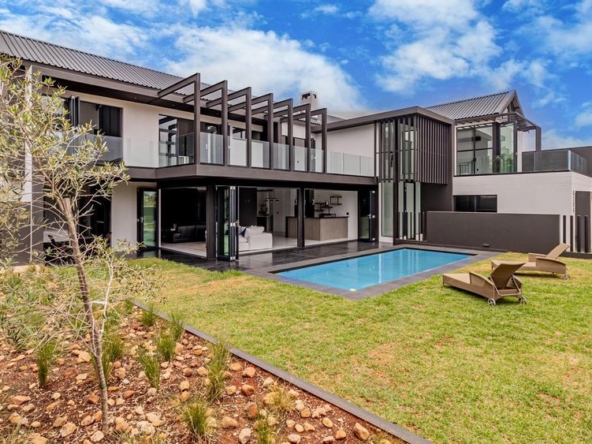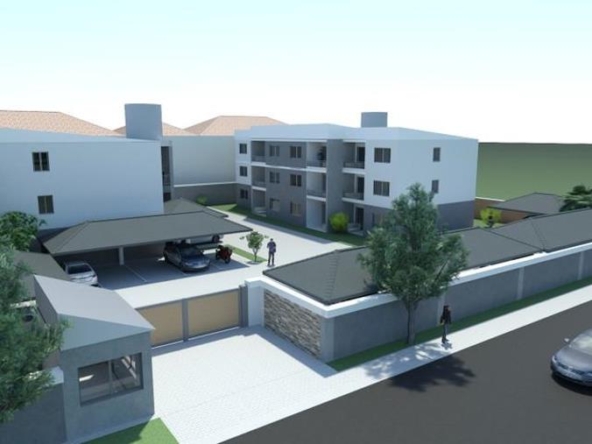
Limpopo Province
Limpopo is a province located in the northern part of South Africa. It shares borders with Botswana, Zimbabwe, and Mozambique, as well as with the South African provinces of Gauteng, Mpumalanga, and North West.
Polokwane is the capital city of Limpopo province
As of the latest official estimate in 2021, Limpopo province had a population of approximately 6.9 million people, making it the fifth most populous province in South Africa. The majority of the population is of the Northern Sotho ethnic group, followed by the Tsonga and Venda peoples.
Limpopo’s economy is largely driven by agriculture, with the province producing a significant amount of South Africa’s citrus fruit, mangoes, and avocados. The mining sector, particularly the production of platinum, is also important to the economy of the province. Other industries in the province include manufacturing, tourism, and retail.
Limpopo has a hot and subtropical climate, with hot summers and mild winters. The province experiences rainfall mainly in the summer months, with occasional droughts and floods.
Limpopo province is characterized by its varied topography, with mountains, plateaus, and low-lying areas. The northern part of the province is dominated by the Soutpansberg mountain range, while the central and southern parts of the province are made up of the Waterberg and Blouberg mountain ranges, respectively.
Limpopo has a rich history, with evidence of human habitation dating back thousands of years. The region was first inhabited by various indigenous peoples, including the BaTswana and BaPedi, before it was colonized by European powers in the 19th century. The province played a significant role in the struggle against apartheid, with the town of Polokwane hosting the founding conference of the African National Congress (ANC) in 1912.
Limpopo is home to a diverse range of cultures and traditions, with the province’s ethnic groups each having their own unique customs and practices. Traditional music and dance are an important part of the cultural heritage of the province, with the annual Mapungubwe Arts Festival showcasing the best of Limpopo’s performing arts.
Limpopo is governed by a provincial government headed by a Premier, who is responsible for the administration of the province. The province is divided into five districts and 24 local municipalities.
Limpopo has a number of universities, including the University of Limpopo and the University of Venda. The province also has several colleges and vocational training centers.
Limpopo offers a vibrant nightlife scene, particularly in the capital city of Polokwane. The city has a variety of bars, nightclubs, and restaurants, with live music and DJs playing a range of genres from house to hip hop. Other towns in the province, such as Tzaneen and Thohoyandou, also have lively nightlife scenes, with clubs and bars catering to a younger crowd.
Healthcare
Limpopo has a network of public and private healthcare facilities, including hospitals and clinics. However, access to healthcare is a challenge in some areas of the province, particularly in rural areas.
Infrastructure
Limpopo has a wealth of natural and cultural attractions, including the Kruger National Park, the Mapungubwe World Heritage Site, and the Modjadji Cycad Reserve. The province is also home to a number of game reserves, offering visitors the opportunity to see a range of wildlife, including the Big Five.
Sports
Limpopo is known for its love of soccer, with the province producing several notable players who have gone on to play for South Africa’s national team. The province also hosts a number of sporting events throughout the year, including the annual Limpopo Marula Festival.
Challenges
Limpopo, a province in South Africa, faces numerous challenges. Poverty is a significant issue, as many residents live below the poverty line due to a lack of economic opportunities and inadequate infrastructure. HIV/AIDS prevalence is also higher than the national average, impacting the health, economy, and social fabric of the region. Environmental challenges such as deforestation, soil erosion, and water scarcity are present, exacerbated by climate change. Lastly, educational challenges exist, with many schools lacking resources and infrastructure, resulting in poor educational outcomes for children and long-term implications for the province’s development.
Tourism
Limpopo has a wealth of natural and cultural attractions, including the Kruger National Park, the Mapungubwe World Heritage Site, and the Modjadji Cycad Reserve. The province is also home to a number of game reserves, offering visitors the opportunity to see a range of wildlife, including the Big Five.
Get Property Alerts
Get notified of new properties in neighborhoods around Limpopo.
By continuing I understand and agree with Datesh Properties Privacy Policy.
















